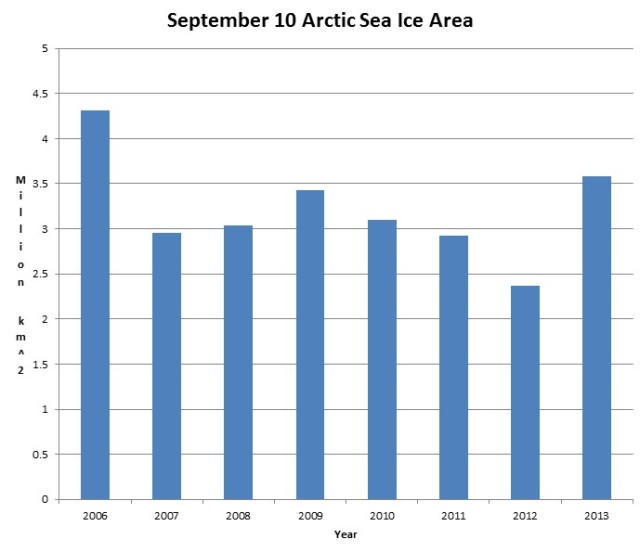Food Stamps And The Brezhnev Doctrine
/Many readers may not be old enough to personally remember Leonid Brezhnev, the block-headed super-thug who was dictator of the Soviet Union during its long period of stagnation and decline from 1964 to 1982. Here is a picture:
When Brezhnev is remembered at all, it is for the so-called Brezhnev Doctrine, by which he asserted that any country once turned Communist must never be allowed to go back to capitalism. He may have been dumb, but he had sufficient instincts to sense that once any part of the empire was lost it could start a cascade and the whole house of cards could collapse very quickly. In the end, that's exactly what happened.
A very similar but so far nameless doctrine applies to the world of government programs, where the principle is that no program must ever suffer an actual spending cut. Without doubt the defenders of all government spending are motivated by the same instinct that motivated Brezhnev -- once any cut is made and seems successful, the house of cards is in real trouble. And thus we see seemingly insignificant and clearly necessary cuts subject to hysterical defense down to the very last dollar.
This phenomenon is currently playing out in regard to the food stamp program, otherwise known by the official acronym of SNAP. Prior to the Obama years, food stamp spending tended to go up in recessions and down in recoveries. But during the five years of the Obama "recovery," food stamp spending has somehow exploded from about $40 billion to about $80 billion per year, with the number of recipients nearly doubling to about 48 million. Causes of the explosion include the government's aggressive promotion of food stamp dependency, along with lifting of prior restrictions and limits on eligibility. I have previously covered this issue here.
Now enter the congressional Republicans with a budget proposal to bring about a small reduction in food stamp spending. As reported at The Hill, the House last week passed a Republican proposal to "cut food stamps by $39 billion." Of course that's $39 billion over ten years, less than $4 billion per year. So we're talking about getting back maybe a tenth of the explosion of the last five years, going from $80 billion per year back to maybe $76 billion. This is supposedly to be accomplished by re-imposing some of the restrictions previously in place. For example, the Wall Street Journal reports on September 21 that the 2009 Obama "stimulus" eliminated a 20 hour per week work requirement, and that Obama also eliminated a three month time limit for employable and able-bodied adults, leading the number of employable adults on food stamps to grow by 164% from 2007 to 2011; those restrictions would now be at least partially reinstated. Nobody is even talking about going after some of the even more outrageous aspects of the program, such as that home equity in unlimited amount and retirement savings accounts in unlimited amount do not count toward food stamp eligibility. After all, we wouldn't want to restrict our entitlements to just non-millionaires.
Anyway, cue the hysterical forces seeking to prevent even one dollar of federal spending from ever being cut. NPR refers to the approximately 5% cut as a "slash"; the Atlantic Wire calls the proposed cuts "massive"; Think Progress says the bill will affect "millions of the most vulnerable people in the country." From among many crazed reactions, consider this one from one Albor Ruiz in the New York Daily News on September 22:

